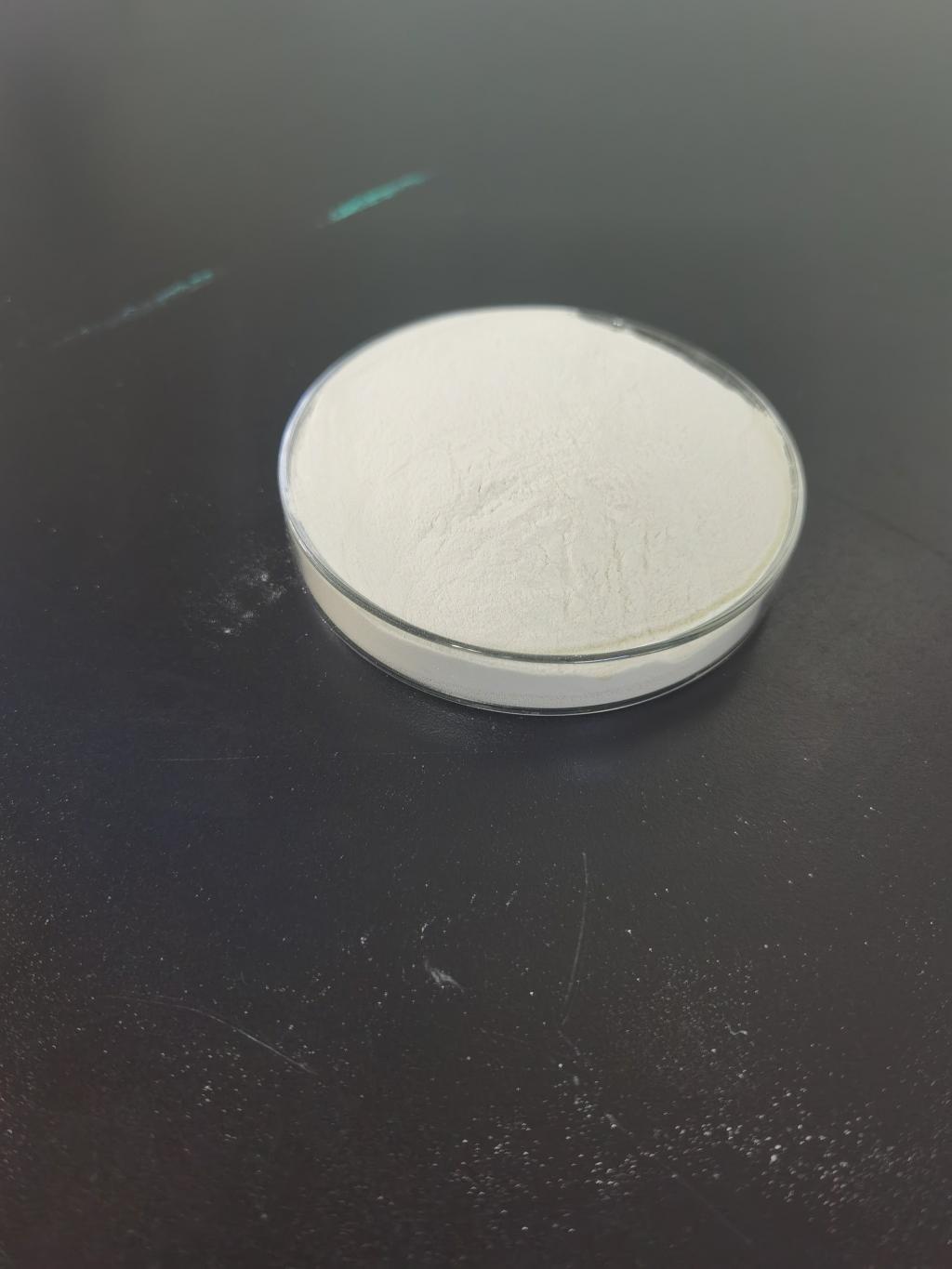Tel:+8618231198596

News
 CONTACT
CONTACT
 CONTACT
CONTACT
- Linkman:Linda Yao
- Tel: +8618231198596
- Email:linda.yao@dcpharma.cn
- Linkman:CHARLES.WANG
- Department:Overseas
- Tel: 0086 0311-85537378 0086 0311-85539701
News
Current Position:
Home >
News
>Nisin in Home Food Preservation: Empowering Consumers with Natural Solutions
Nisin in Home Food Preservation: Empowering Consumers with Natural Solutions
TIME:2024-01-26
I. Nisin: Nature's Antimicrobial Agent
Origin and Discovery:
Nisin is a polycyclic antibacterial peptide produced by certain strains of the bacterium Lactococcus lactis. Discovered in the early 20th century, Nisin has long been used in the food industry for its potent antimicrobial properties against a broad spectrum of Gram-positive bacteria, including many spoilage organisms and foodborne pathogens.
Safety and Regulatory Approval:
Nisin has gained widespread recognition as a safe and effective food preservative. Regulatory bodies such as the United States Food and Drug Administration (FDA) and the European Food Safety Authority (EFSA) have approved its use in various food products. Its safety profile makes it an ideal candidate for home food preservation.
II. Properties of Nisin:
Antimicrobial Activity:
Nisin's primary mode of action involves disrupting the cell membranes of susceptible bacteria, leading to cell death. This antimicrobial activity makes it effective against a range of harmful bacteria, including those responsible for food spoilage.
Selectivity:
One of Nisin's remarkable features is its selectivity in targeting Gram-positive bacteria while sparing eukaryotic cells, such as human cells. This selectivity enhances its safety for consumption, as it specifically combats bacteria without adverse effects on the consumer.
III. Applications in Home Food Preservation:
Preservation of Fruits and Vegetables:
Fruits and vegetables are susceptible to microbial spoilage, affecting both their taste and nutritional value. Nisin can be used by consumers to preserve fruits and vegetables by inhibiting the growth of spoilage microorganisms, extending their shelf life and reducing food waste.
Pickling and Fermentation:
Nisin can be incorporated into pickling and fermentation processes, popular methods of home food preservation. Its antimicrobial properties contribute to the prevention of spoilage, ensuring the safety and longevity of pickled and fermented foods.
Meat and Poultry Preservation:
Contamination of meat and poultry with bacteria is a common concern in home kitchens. Nisin's application in marinades or as part of a seasoning blend can help control bacterial growth, ensuring the safety of meat and poultry products.
Homemade Dairy Products:
Nisin can be utilized in the production of homemade dairy products such as yogurt and cheese. By preventing the growth of spoilage bacteria, it enhances the quality and shelf life of these products, providing consumers with natural alternatives to store-bought options.
IV. Benefits of Nisin in Home Food Preservation:
Natural and Clean Label:
Consumers are increasingly seeking natural and clean-label alternatives in their food. Nisin, being a naturally occurring peptide, aligns with this trend, allowing individuals to preserve their food without resorting to synthetic preservatives.
Reduced Dependence on Chemical Preservatives:
Many traditional methods of home food preservation involve the use of chemical preservatives. Nisin provides a natural and effective alternative, reducing the reliance on synthetic preservatives and addressing concerns about their potential health and environmental impact.
Extended Shelf Life:
By inhibiting the growth of spoilage microorganisms, Nisin contributes to the extension of the shelf life of preserved foods. This is particularly valuable for home gardeners and individuals who engage in seasonal harvesting and want to enjoy their produce throughout the year.
V. Considerations for Home Users:
Proper Application:
To harness the benefits of Nisin effectively, home users must follow recommended guidelines for its application. This includes understanding the appropriate dosage, incorporation methods, and potential interactions with other preservation techniques.
Education and Awareness:
Educating consumers about the benefits and proper use of Nisin in home food preservation is essential. This includes raising awareness about its safety, its role in reducing food waste, and its compatibility with various food items.
VI. Challenges and Potential Solutions:
Availability and Accessibility:
Ensuring the availability and accessibility of Nisin for home users can be a challenge. Efforts should be made to make Nisin-based preservation solutions easily obtainable through local markets or online platforms.
Regulatory Guidance:
Clear and concise regulatory guidance on the home use of Nisin is crucial. Regulatory bodies can play a role in providing information and establishing standards to ensure safe and effective home food preservation practices.
VII. Future Trends and Innovations:
DIY Nisin Kits:
The development of do-it-yourself (DIY) Nisin preservation kits could empower consumers with a convenient and user-friendly solution for home food preservation. These kits could include Nisin formulations tailored for various food items along with guidelines for use.
Integration with Smart Home Appliances:
As technology advances, the integration of Nisin-based preservation with smart home appliances could offer an automated and controlled environment for preserving food. Smart refrigerators or food storage systems could be designed to release Nisin at optimal levels for different types of food.
VIII. Conclusion:
Nisin's potential in home food preservation is a promising avenue for empowering consumers with natural and effective solutions. Its antimicrobial properties, safety profile, and natural origin make it an ideal candidate for those seeking alternatives to chemical preservatives. As consumers become more engaged in the food preservation process, Nisin can play a pivotal role in fostering sustainable and healthier practices at the household level. With continued research, education, and innovation, Nisin stands to become a cornerstone in the movement towards natural and home-based food preservation, offering individuals the means to take control of the quality and safety of the food they consume.
- Tel:+8618231198596
- Whatsapp:18231198596
- Chat With Skype







